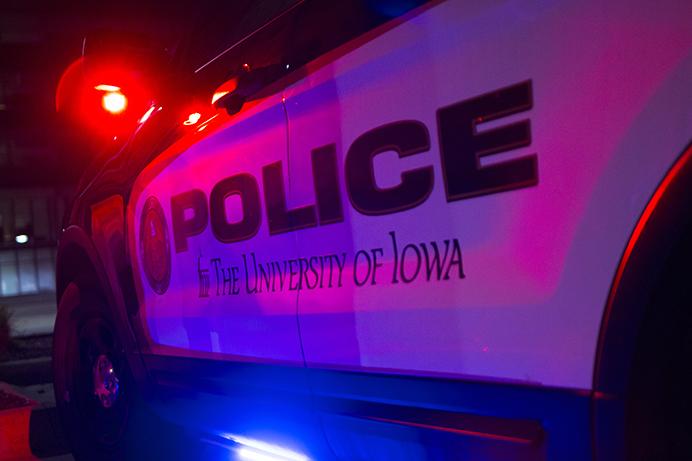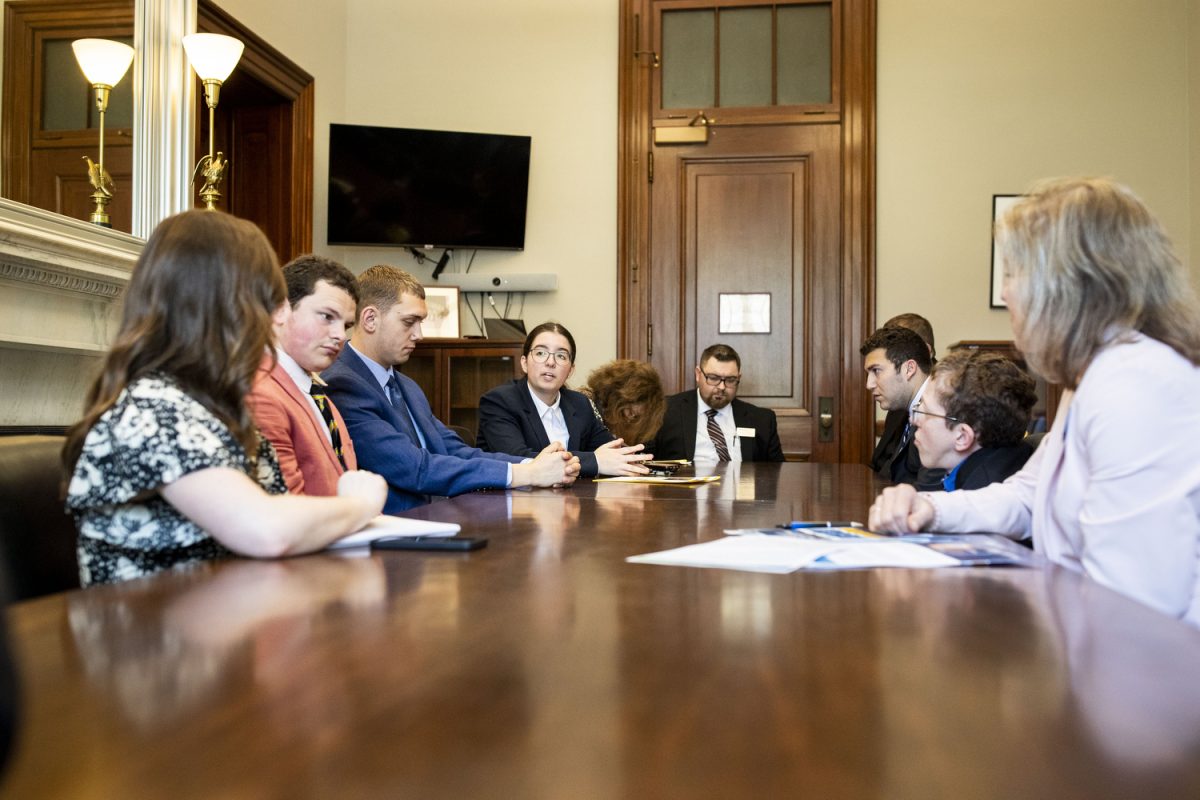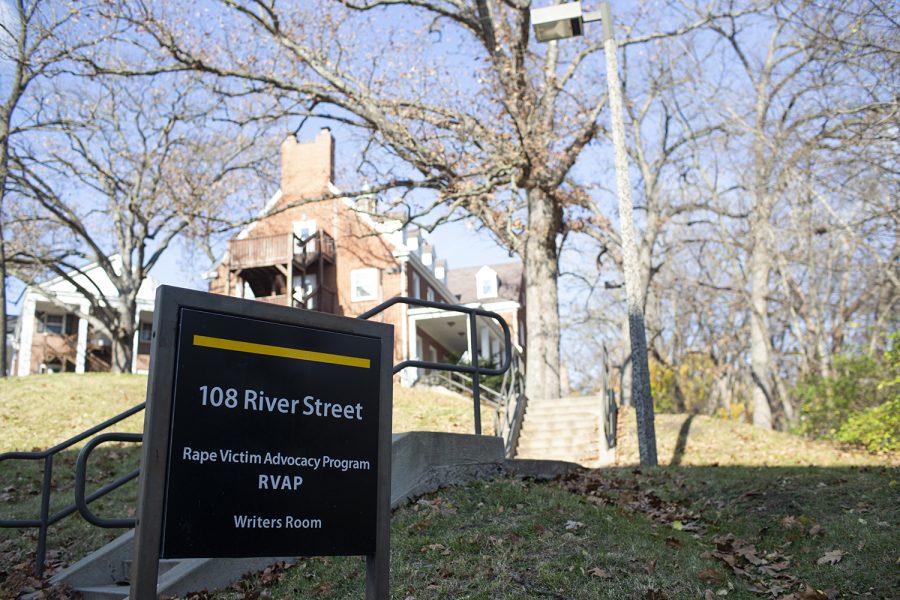The University of Iowa Department of Public Safety will open its implicit-bias training, typically given to officers and first responders, to the community for the first time.
Certified instructors will present an abbreviated version of a six-hour Fair and Impartial Policing Workshop from 6 to 8 p.m. on July 9 in 2520D University Capitol Center to officers and the public.
“When we’re talking about addressing implicit bias and issues around that, it’s a community issue or a community challenge,” said Gabby Blanchard-Manning, a UI patrol officer and Fair and Impartial Policing instructor. “The only way that we can be successful in those arenas is to collaborate.”
She said it is important for the community to see what the police are doing.
Held in partnership with the Iowa City police and local NAACP, the training will focus on law enforcement, Blanchard-Manning said.
The training defines implicit bias as “an unconscious attitude or preference toward a certain group of people.”
Blanchard-Manning said it is important for law enforcement to recognize and mitigate negative effects of their biases, because they must interact sensitively with a wide diversity of people. The officers should know the right language to use with gender-nonconforming individuals, for example, and how to communicate considerately with people from other countries.
RELATED: UI police institute new training on biases
While the UI police are one of the most diverse groups on campus in terms of ethnicity, sexuality, age, and ability, the experiences of officers do not represent the experiences of the campus community, she said.
“There’s a lot of potential stumbling blocks there, just based on the fact that we all have different experiences than the folks maybe that we’re dealing with on campus, and that’s where training kind of bridges that gap,” she said.
Derek Frank, the Iowa City police public-information officer, said the force undergoes continual training on implicit bias to ensure that officers are aware of their biases and avoid them in the field. The department studies data from its annual traffic-stop reports to see if officers have targeted certain groups disproportionately, he said.
“We want to be at the forefront of making sure we’re doing things fairly and accurately,” he said.
Both the Iowa City and UI Police Departments teach that implicit bias is natural and carried by everyone, though it is important to remove bias from making decisions.
Blanchard-Manning said there are two things she hopes that attendees get from the community training.
“The first one, and this is a very personal thing, and I know I’m still working on it, learning about it, is figuring out where your bias lies and understanding it doesn’t mean you’re a bad person, it just means you have life experiences and you have preferences and maybe even trauma around certain things,” she said.
The second, she said, is recognizing that everyone is human and should work together to bridge gaps of understanding. She wants to avoid an “us versus them” attitude.
“If we’re not working together, this isn’t going to be successful,” Blanchard-Manning said.
UI senior Elaine Irvine, who plans on attending the training, said that being a part of the university’s large white population, she has a responsibility to learn about such issues as implicit bias.










